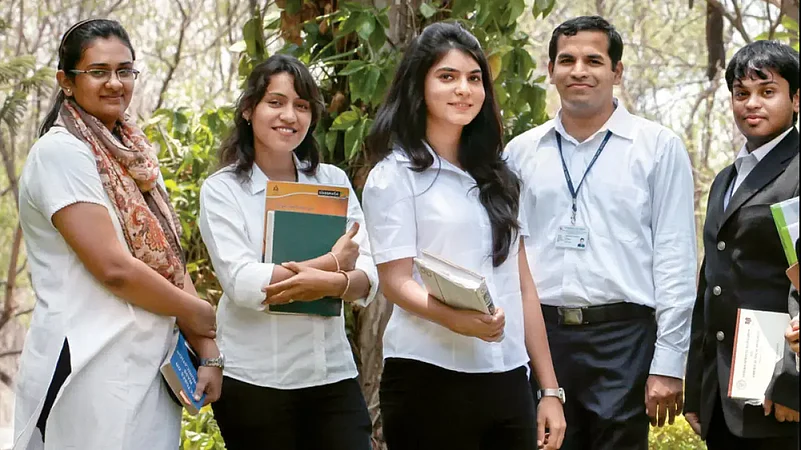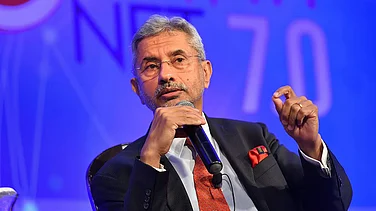When we talk about the evolution of computers, a journey that spanned a little less than 200 years, the first name that comes to mind is that of Charles Babbage, the inventor of Analytical Engine, the first mechanical computer. However, there is one lesser-known name that gets missed but is equally significant. Ada Lovelace, the world’s first computer programmer, wrote the first machine algorithm building on Babbage’s work in the 19th century.
Since then, the world of computers has seen many upgrades. In an indication of the scale of the market, a 2021 report by consulting firm Grand View Research said that the size of the computer-aided engineering market is expected to grow to $16.19 billion by 2028 from the current $7.99 billion.
Being primary consumers and producers of tech, this is good news for developing economies like India and China. With continuous innovations happening in the ever-evolving computer space, there is already a definite need for computer programmers and coders, a need that will keep the building going forward. Even a recent World Economic Forum report named technology design and programming as essential job skills of the future.
Building the Builders
So, what exactly does it entail? In the field of computer programming, there are a variety of courses to choose from— six-month certificate courses to PhDs. There, however, are a few prerequisites that need to be kept in mind. Raghav Gupta, managing director, India and APAC of e-learning platform Coursera, explains: “Before learning how to code, one might need to already have strong problem-solving skills and some experience working with computers. Also, a solid foundation of basic math skills and knowledge of quadratic and linear equations may be beneficial.”
The world over, institutes are trying to produce computer programmers that can meet the demand of tomorrow. Top institutes like the Massachusetts Institute of Technology, Stanford University, Carnegie Mellon University and the National University of Singapore offer elaborate courses related to computer sciences.
Many Indian institutions still follow the age-old methods of teaching. That said, there are also a number of institutes that are getting ranked and recognised internationally—mostly public institutes like the IITs and the University of Delhi which also offer scholarships.
Growth Opportunities
Armed with their degrees related to computers, individuals have numerous fields to choose from, including artificial intelligence. According to consulting firm Gartner, the worldwide AI software revenue is forecast to total $62.5 billion in 2022, an increase of 21.3% from 2021. Back home, the AI market can touch $7.8 billion by 2025, predicts an International Data Corporation research. The combined national and international growth estimations show potential for great employment opportunities.
The coding and computer programming space, which has not been monopolised by the big players yet, has also become a hub for freelancers.
“Moonlighting, wherein a large number of software developers work two jobs—one as a full-time employee and the other as a freelance contractor—became a popular term during the pandemic. This is more popular with software engineers working in places like Salesforce, SAP or Oracle,” says Akash Jain, associate principal analyst, Gartner.
"Coding is a lucrative profession and it is also an educational qualification that you can use later on in your career," says Ramani Ganesh, HR head, Hirect, adding, “You will also have multiple opportunities to work on. The average salary for a software developer ranges from $57,000 to $115,000 per year, which can be higher than many other professions,” Ganesh adds.
With innovation pointing towards endless possibilities, the skills of coding and computer programming are here to stay and developing economies like India have a better chance at it than anyone else.

















